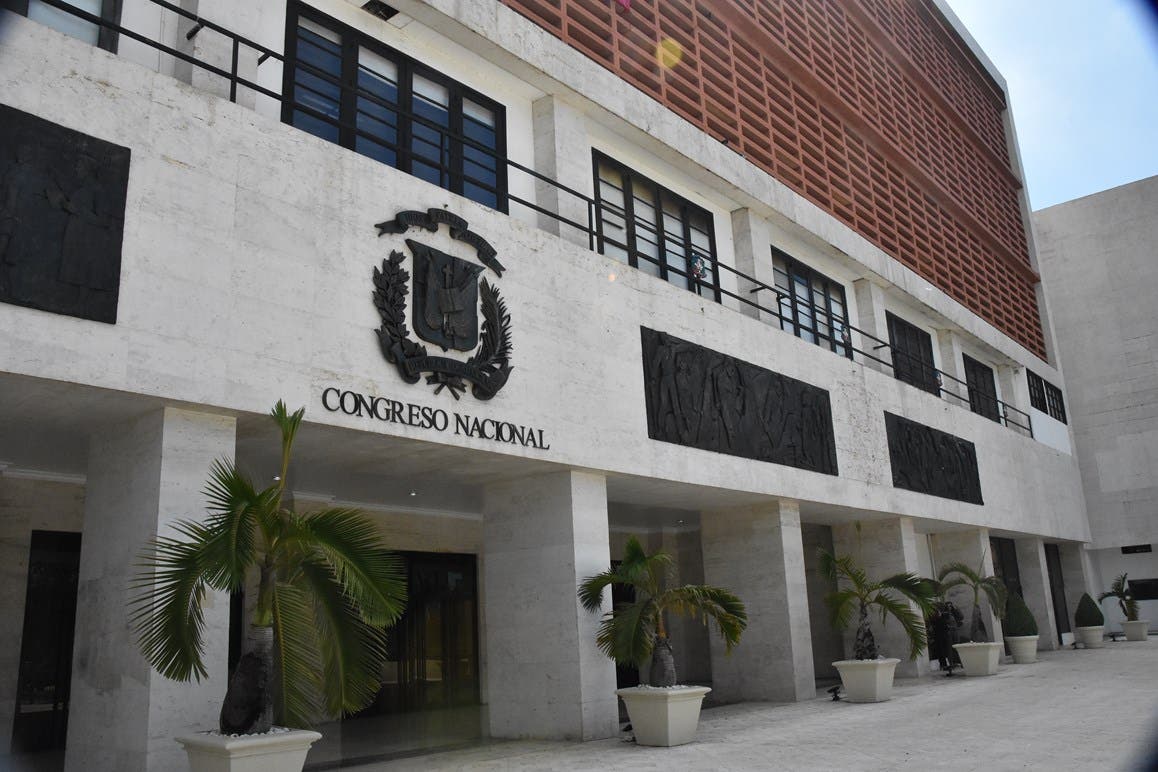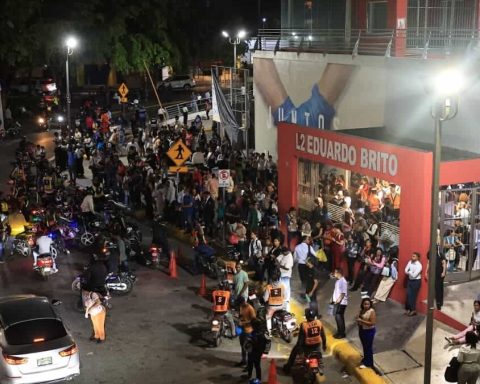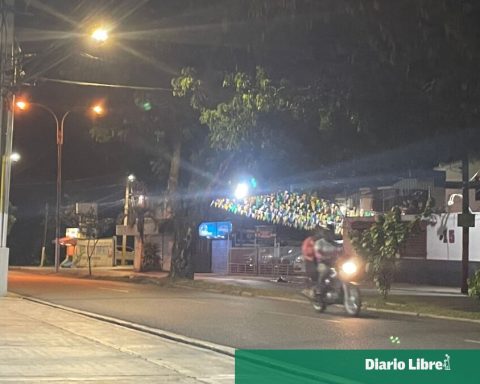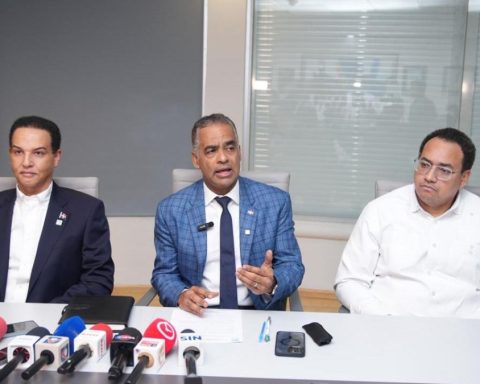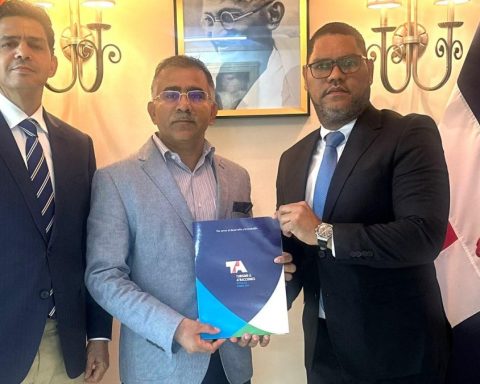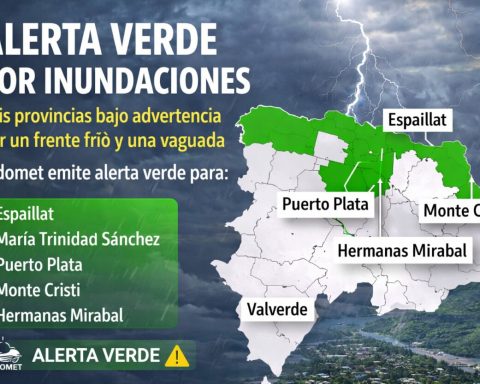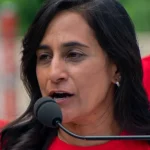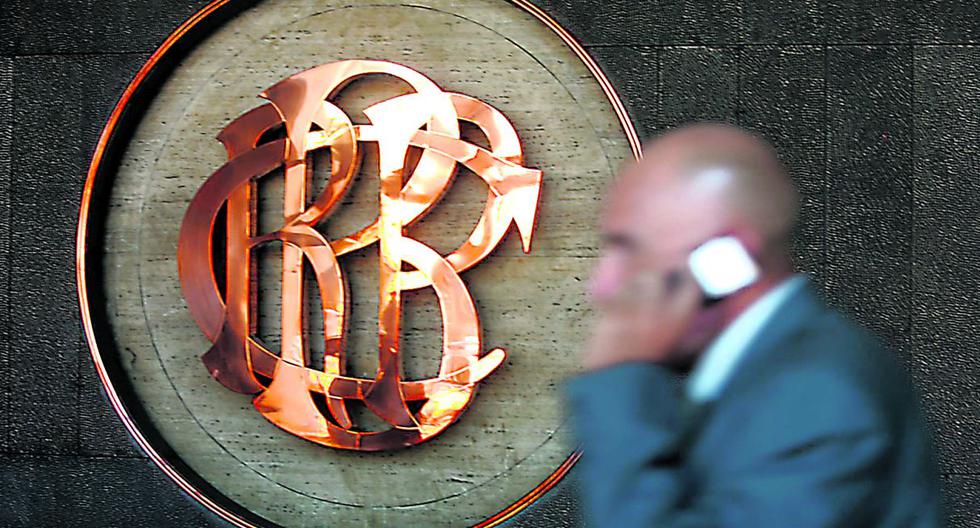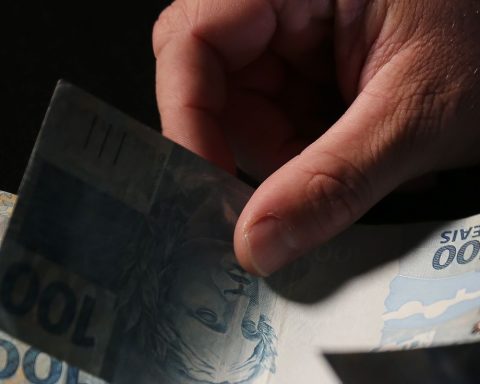Santo Domingo.- The government of Luís Abinader is in the crosshairs of international organizations that ensure respect for freedom of expression and human rights for the submission of several projects submitted by the ruling party to the National Congress, in search of restrictions on the work of the media in the Dominican Republic, said the president of the National Human Rights Commission (CNDH), Manuel María Mercedes.
He argued that proposing the kidnapping of the media, as the Executive Power does in the Project against Cybercrime violates the Inter-American Convention on Human Rights, the Pact of San José and the Chapultepec declarations on freedom of expression, of conscience, dissemination of thought and human rights.
Mercedes recalled that the country is a signatory to the Inter-American Convention on Human Rights, and that it has a commitment with the Inter-American Press Association to respect the free exercise of the media.
He cited article 13 of the Inter-American Convention on Human Rights, which states that “everyone has the right to freedom of thought and expression. This right includes the freedom to seek, receive and impart information and ideas of all kinds, regardless of frontiers, whether orally, in writing or in print or art, or by any other means of their choice.
You can read: Abinader creates commission to review legislation on freedom of expression
“The exercise of the right provided for in the preceding paragraph cannot be subject to prior censorship but rather to subsequent responsibilities, which must be expressly established by law and be necessary to ensure,” says section 2 of said article.
Mercedes considered that the government’s attempts to reduce freedom of expression in the country have put it in trouble, since all civil society entities reject these claims.
He stated that the projects that violate the right to free expression of thought and the exercise of the press should be withdrawn from the National Congress.
He said that the ideal is to wait for the results of the discussions of the consultative commission appointed by President Abinader to evaluate the law of expression of the dissemination of thought.
“International human rights organizations, as well as those that represent the journalist, have spoken out and based on that, the Dominican Republic is now in the “peephole” wanting to approve a law to violate the Constitution, international pacts and conventions and in that sense, it would be a vain effort that Congress is going to make, so these projects should be withdrawn and hope that the commission made up of the President of the Republic can agree on the modifications and transformations that the law requires at this time, but not on the basis to protect officials and politicians who do not want Dominican society to question the way they act from the political point of view and from the point of view of managing public resources, “said the entity’s leader.
He added that “the Human Rights Commission welcomes the initiative of civil society organizations to withdraw this project.”
Mercedes warned that they have a team of lawyers ready to go to the Dominican courts and international organizations in case they intend to impose laws that restrict the freedom of the media to carry out their work.
